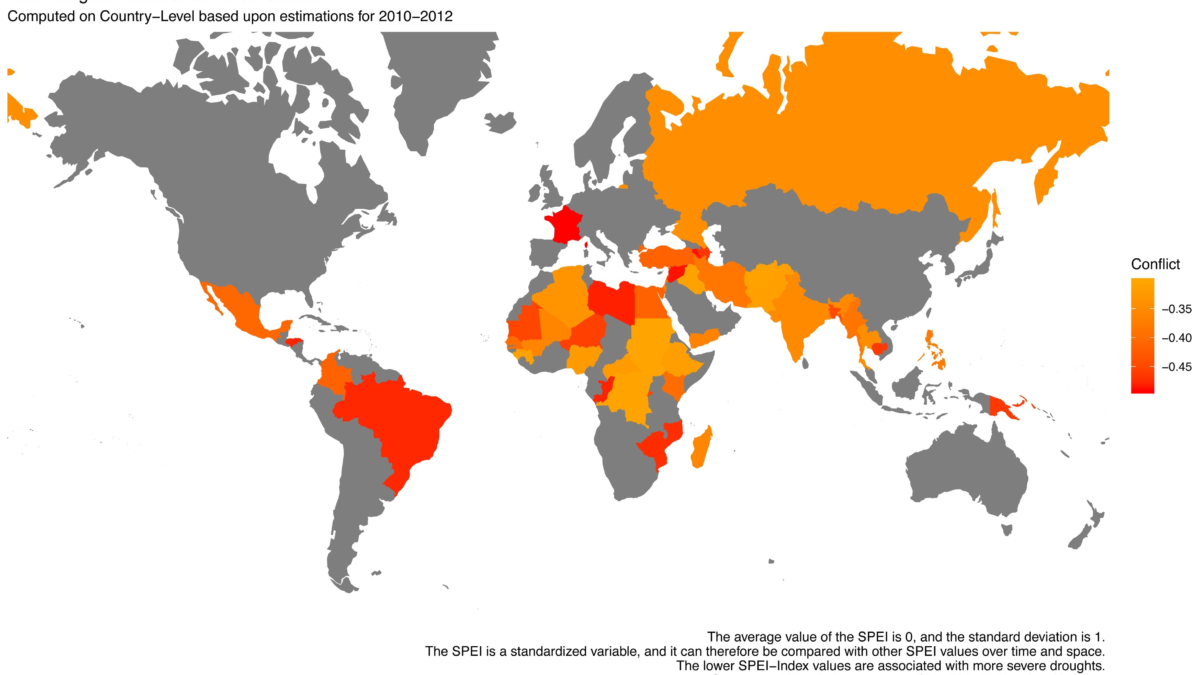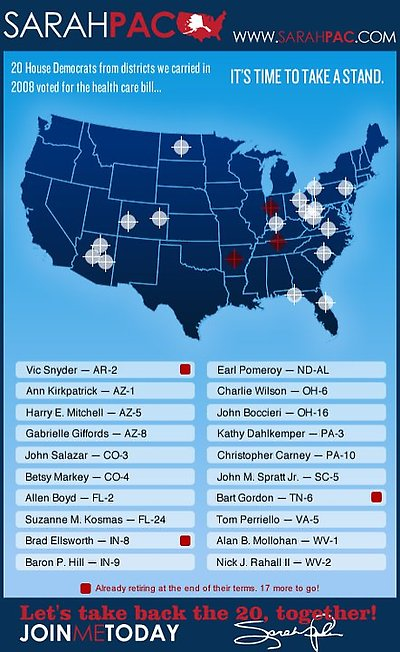Six months after Hurricane Dorian levelled Bahamas, in places it still looks like it just hit – “What do people do? They have nowhere to come back to. When they do come, there is nothing.”
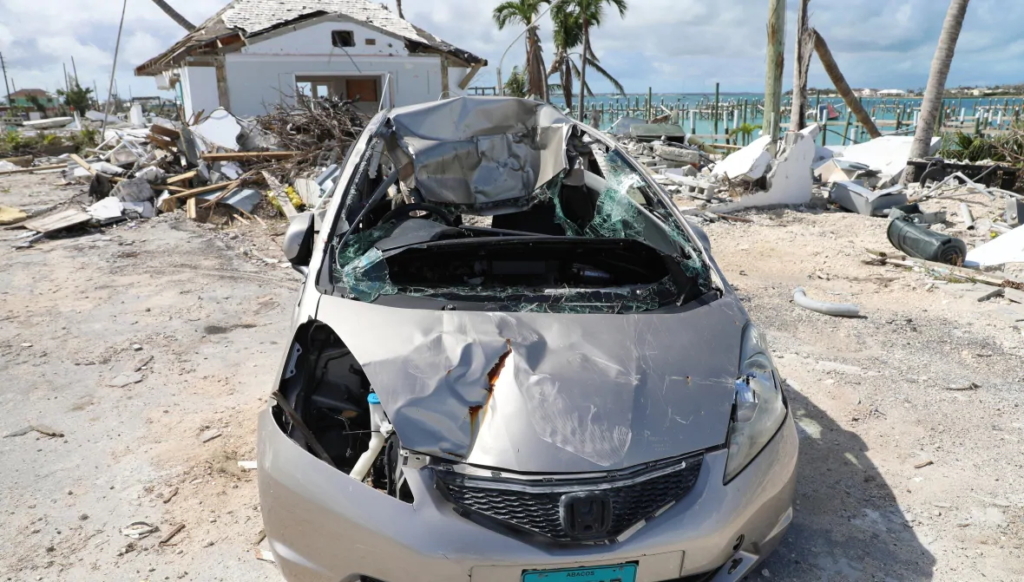
By David Common and Melissa Mancini
1 March 2020
(CBC News) – Ten minutes away from the restored and gleaming cruise ship terminals on Grand Bahama island, just beyond the multi-millionaires’ beach compounds, is the real Bahamas — and it lies in ruins.
It’s six months since Hurricane Dorian made landfall on the island nation, snapping trees, gutting homes, shearing exterior walls and roofs clean off. Along with the catastrophic winds, surging waves hammered cars through buildings, and emptied schools of desks and chairs and pretty much everything else.
Bahamian authorities officially reported 76 dead as a result of Dorian’s wrath. But nearly that many have been missed from some individual communities, with the belief by many aid and other organizations that the true death toll is more likely counted in four figures. Hundreds of Haitian migrants lived next to the sea when the hurricane hit, for instance, and many are unaccounted for but, without status in the country, their deaths have not been included in the official nationally tally.
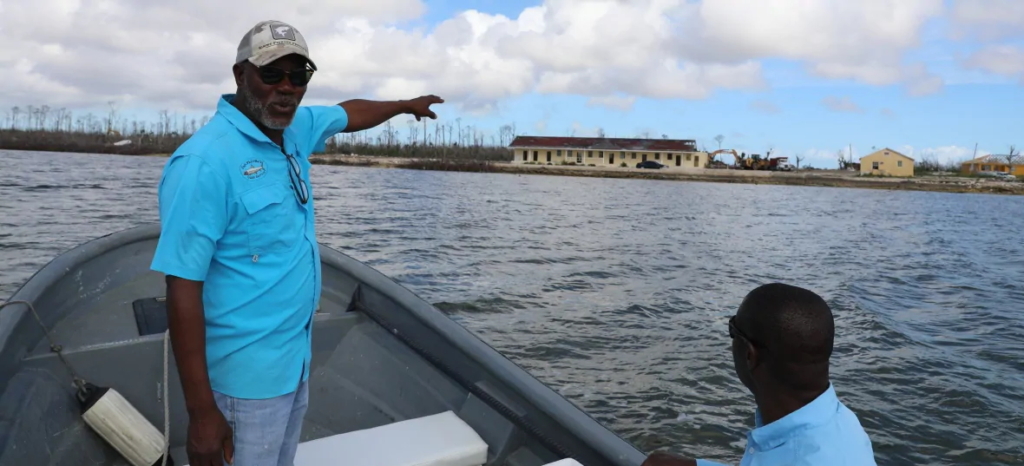
While the streets have been cleared of debris, thousands of homes remain uninhabitable. Power crews continue to restore electrical service, and roofers have years of work ahead of them.
“What do people do? They have nowhere to come back to,” says Bishop Silbert Mills, on the hardest hit island of Great Abaco.
“When they do come, there is nothing.”
Mills’s own church was a sanctuary for more than 200 people. First as powerful winds battered the windowless building during the storm, and then for nearly a week as supplies dwindled and food rationing became a necessity, with the community waiting for two metres of floodwater to recede back into the ocean.
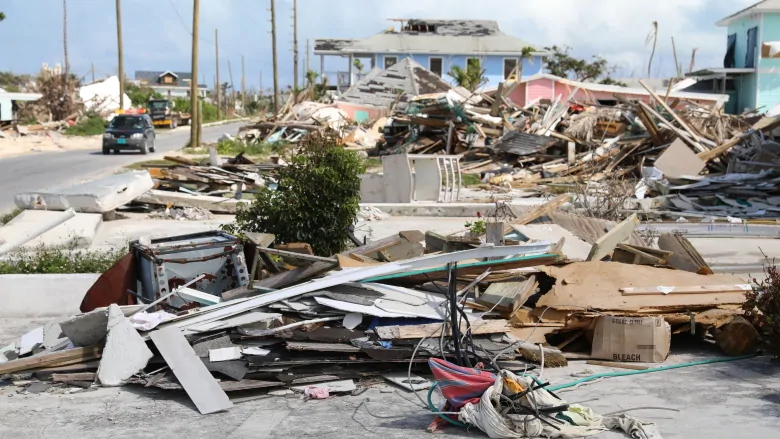
For several days after the storm, water cascaded into homes of Great Abaco. On neighbouring Grand Bahama island, 80 per cent of the island was covered in water.
That wiped out business, and with it the source of most of the jobs on both Abaco and Grand Bahama.
“On Sept. 1 when I woke up, my pizza operation was worth half a million dollars,” says Bishop Mills. “After Dorian, it was reduced to vacant land.”
He didn’t have insurance and does not expect to ever have the money to rebuild that business. He’s running his other business, a gospel radio station, out of a trailer he now lives in with his brother. [more]

